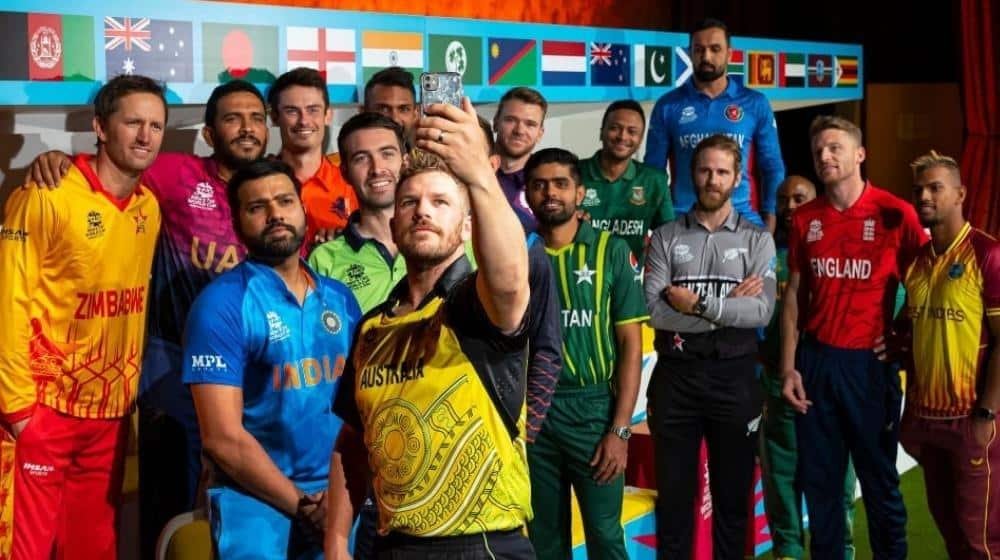Introduction
The ICC Champions Trophy 2025, scheduled from February 19 to March 9, 2025, brings together the world’s top cricketing nations. At the helm of each team is a captain whose leadership and strategic decisions are pivotal to their team’s success. In this article, we delve into the profiles of these captains, exploring their leadership styles, achievements, and the influence they wield on their teams.
1. Pakistan: Mohammad Rizwan
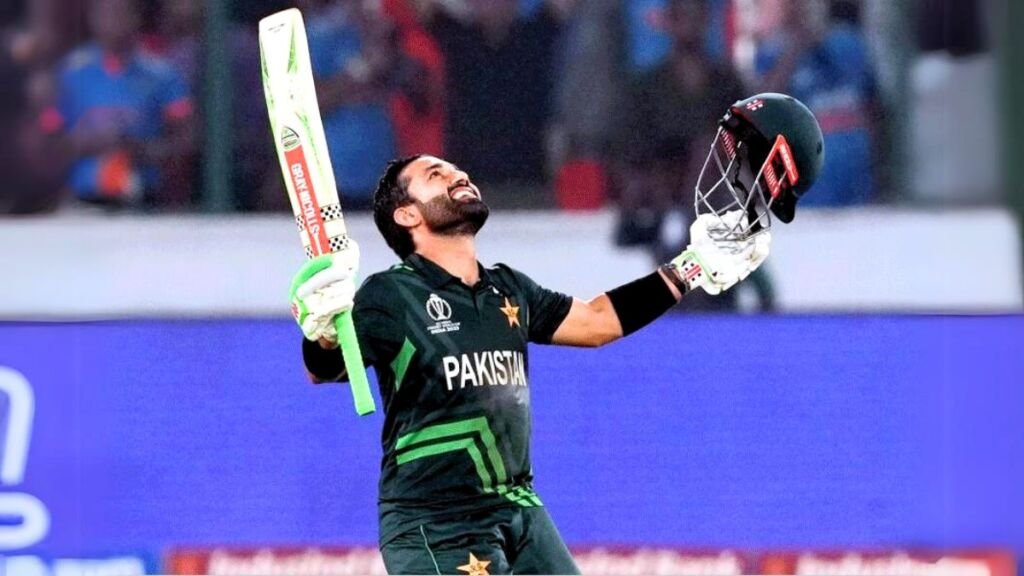
Profile: Mohammad Rizwan, a dynamic wicketkeeper-batsman, has been instrumental in Pakistan’s resurgence in international cricket.
Leadership Style: Rizwan is known for his energetic approach and ability to inspire his team both on and off the field.
Impact: Under his captaincy, Pakistan has displayed resilience and adaptability, making significant strides in limited-overs formats.
Recent News: Rizwan’s leadership was highlighted when he captained Pakistan during their Test series in South Africa, ensuring key players like Shaheen Afridi were rested to maintain peak performance for the Champions Trophy.
2. South Africa: Temba Bavuma
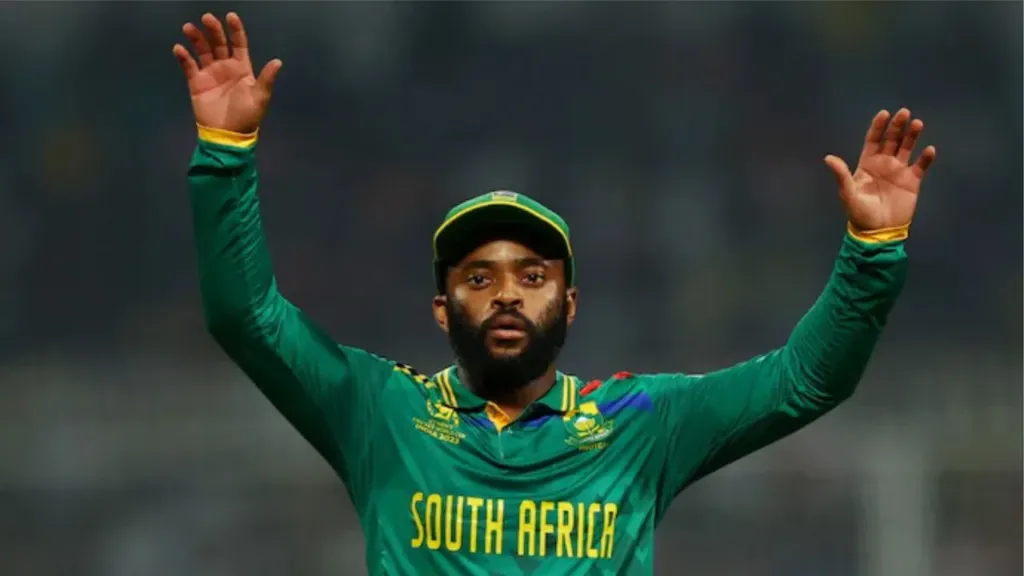
Profile: Temba Bavuma, a top-order batsman, has been a consistent performer for South Africa.
Leadership Style: Bavuma is recognized for his calm demeanor and tactical acumen, leading by example with his performances.
Impact: His leadership has been pivotal in stabilizing the South African batting lineup and fostering a competitive spirit within the team.
3. England: Jos Buttler
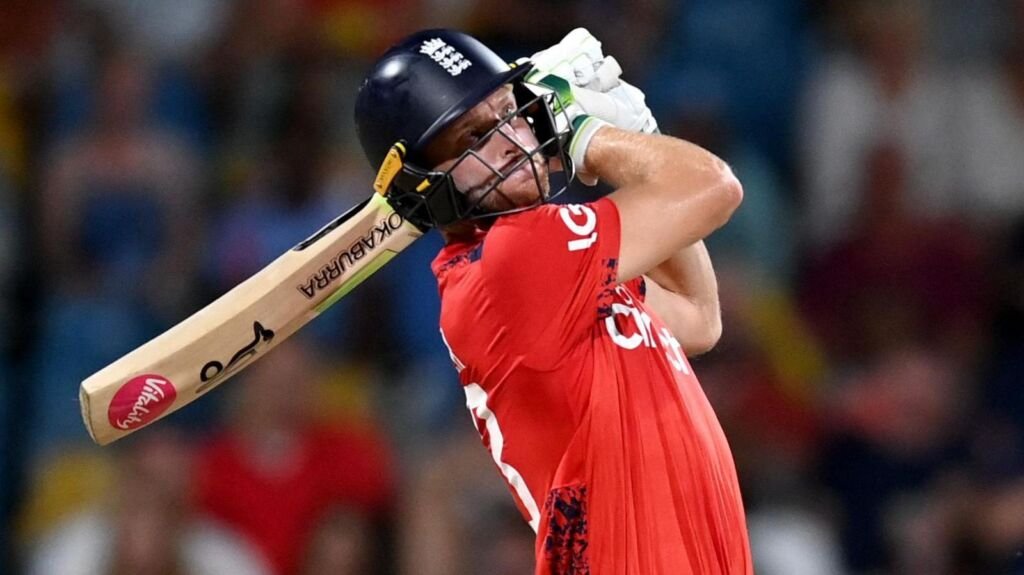
Profile: Jos Buttler, a versatile wicketkeeper-batsman, has been a cornerstone of England’s white-ball cricket.
Leadership Style: Buttler is known for his aggressive batting and innovative strategies, often taking calculated risks to gain an advantage.
Impact: Under his captaincy, England has achieved significant successes, including winning the 2022 T20 World Cup.
Recent News: Buttler is contemplating relinquishing his wicket-keeping duties to focus solely on batting, aiming to enhance his performance ahead of the Champions Trophy.
4. Australia: Pat Cummins
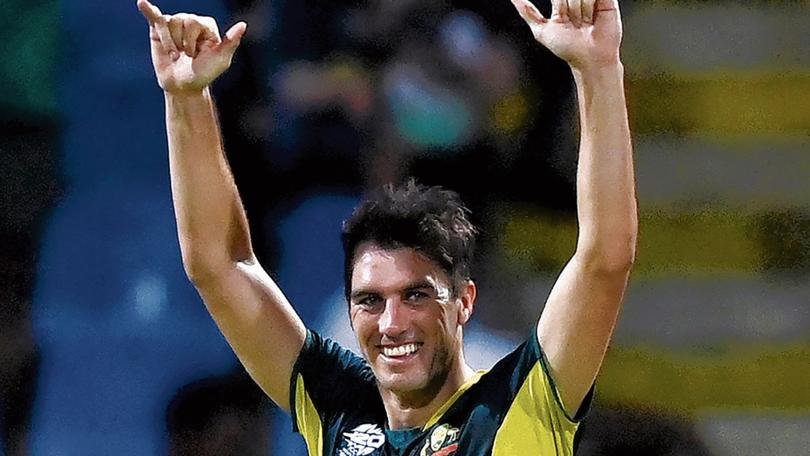
Profile: Pat Cummins, a premier fast bowler, has been a formidable force in Australian cricket.
Leadership Style: Cummins is known for his disciplined approach and emphasis on fitness and mental toughness.
Impact: His leadership has revitalized the Australian team, bringing a renewed focus on discipline and performance.
5. Bangladesh: Najmul Hossain Shanto
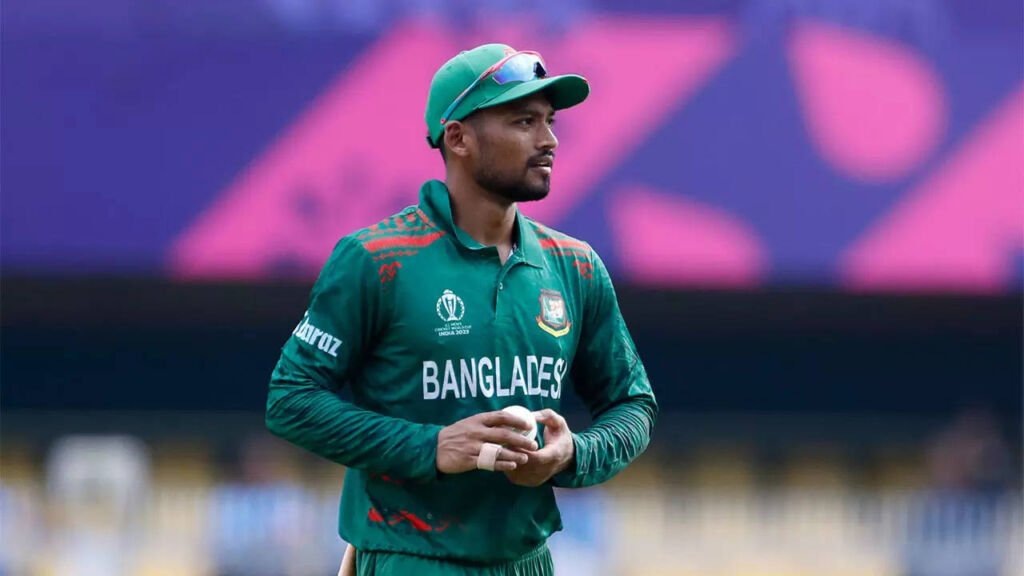
Profile: Najmul Hossain Shanto, a promising young batsman, has been a rising star in Bangladesh cricket.
Leadership Style: Shanto is recognized for his calm demeanor and ability to anchor the batting lineup.
Impact: His leadership is expected to bring stability and a fresh perspective to the Bangladesh team.
6. India: Rohit Sharma
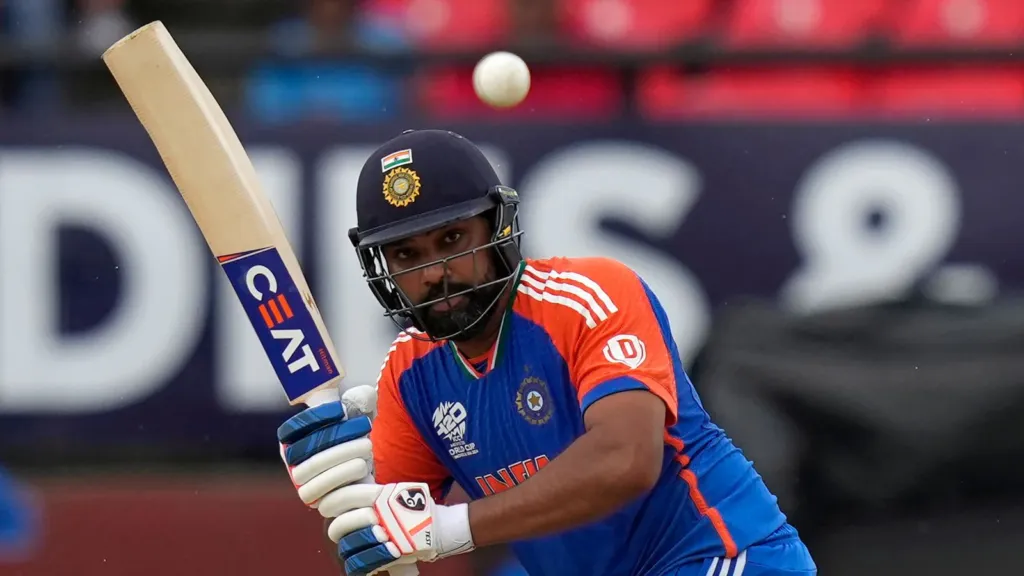
Profile: Rohit Sharma, an elegant top-order batsman, has been a prolific run-scorer for India.
Leadership Style: Sharma is known for his strategic thinking and ability to remain composed under pressure.
Impact: Under his captaincy, India has achieved significant successes, including winning the 2022 T20 World Cup.
Recent News: Rohit Sharma led India to victory in the 2022 T20 World Cup, ending an 11-year title drought for the team.
7. Afghanistan: Hashmatullah Shahidi
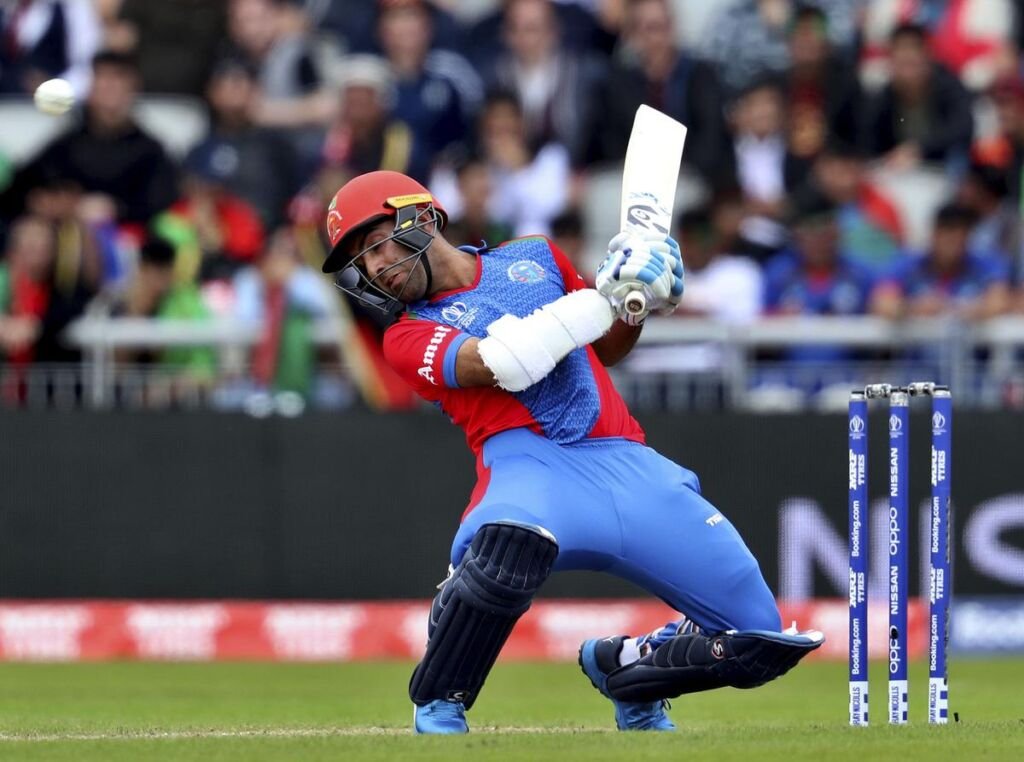
Profile: Hashmatullah Shahidi, a reliable middle-order batsman, has been a key figure in Afghanistan’s cricketing journey.
Leadership Style: Shahidi is known for his resilience and ability to anchor the innings, providing stability to the batting lineup.
Impact: His leadership has been instrumental in Afghanistan’s rise in international cricket, bringing a competitive edge to the team.
8. New Zealand: Mitchell Santner
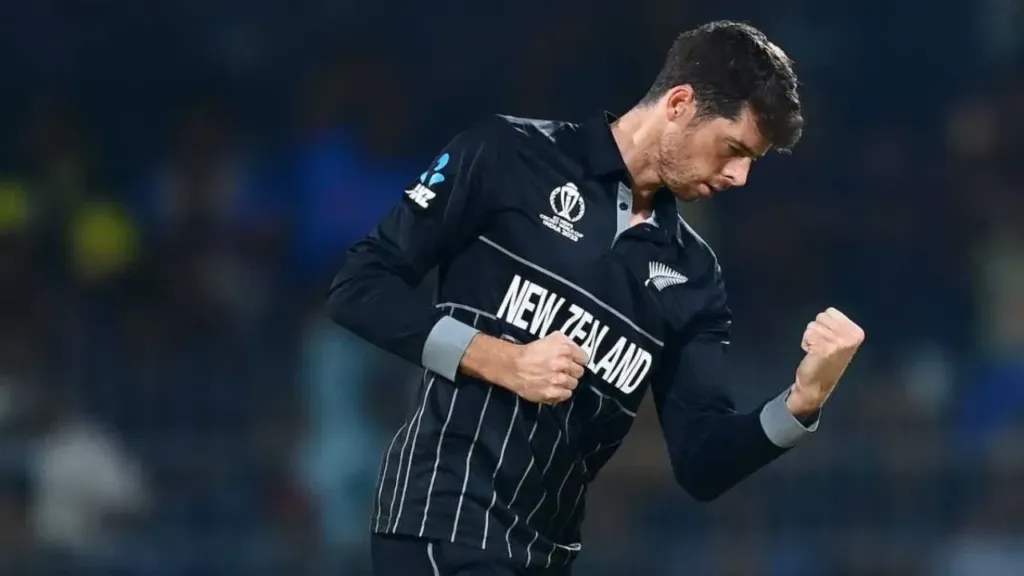
Profile: Mitchell Santner, a left-arm orthodox spinner and handy lower-order batsman, has been a consistent performer for New Zealand.
Leadership Style: Santner is recognized for his calm demeanor and tactical acumen, leading by example with his performances.
Impact: His leadership has been pivotal in stabilizing the New Zealand team, fostering a competitive spirit within the squad.
Conclusion
The captains of the ICC Champions Trophy 2025 play a crucial role in shaping their teams’ strategies and performances. Their leadership styles, combined with their on-field expertise, are expected to be instrumental in their teams’ quests for glory in this prestigious tournament.

